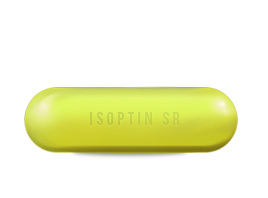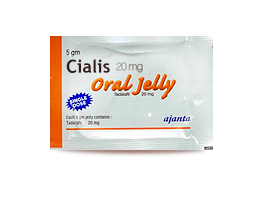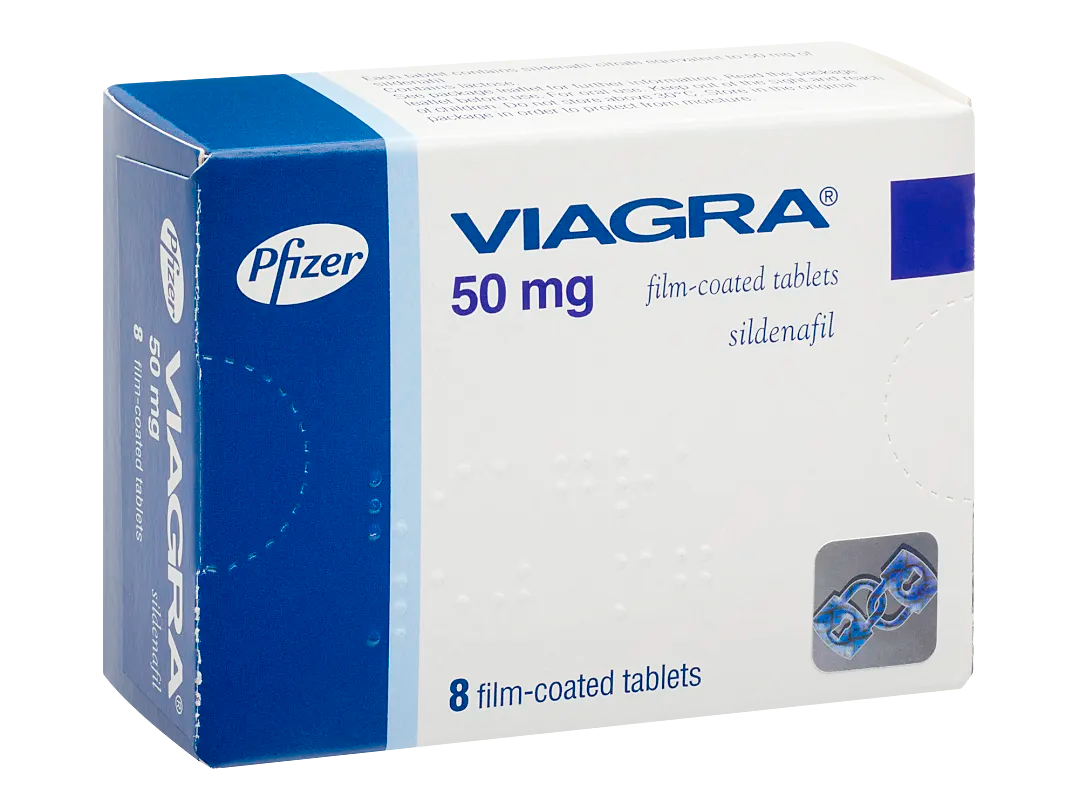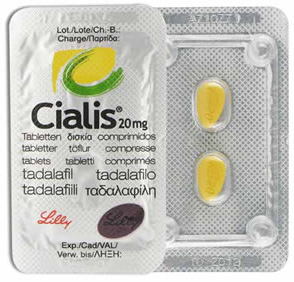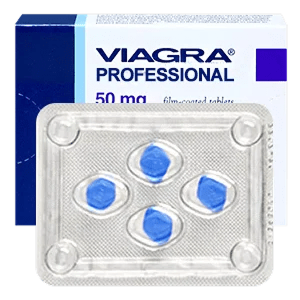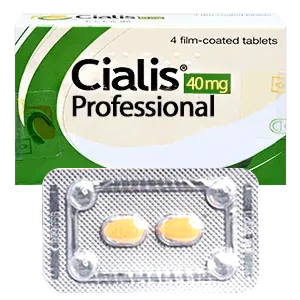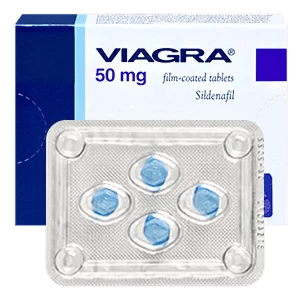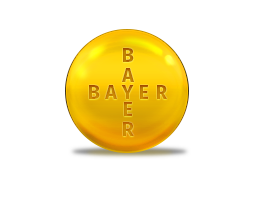Diltiazem - has anti-anginal, antiarrhytmic and hypotensive effects. Reduces the intracellular maintenance of Ca2+ in cardiomyocytes and cells of smooth muscles of blood vessels, reduces heart rate, shows insignificant negative inotropic effect, improves a coronary, brain and renal blood flow.
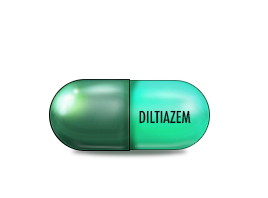
A lipid-lowering agent. Reversibly inhibits HMG-COA reductase, inhibits the cholesterol synthesis at the stage of mevinolinic acid and moderately reduces its intracellular concentration. The indications for the drug use include: primary hypercholesterolemia mainly of IIa and IIb types, under the ineffective diet treatment in patients with increased risk of coronary atherosclerosis, hypercholesterolemia combined with hypertriglyceridemia; prevention of coronary artery disease. The drug decreases the risk of myocardial infarction, the need for revascularization of the myocardium, deaths from cardiovascular system diseases.

Cardizem ER - extended release tablets with diltiazem. Antiarrhytmic action is caused by learned suppression of transport of Ca2+ in heart tissues that leads to lengthening of the effective refractory period and delay of carrying out in AV nodosity. Hypotensive action is caused by dilatation of resistive vessels and decrease in TPR. Extent of decrease in arterial blood pressure is correlated with its initial level. It has the minimum influence on smooth muscles of GIT. During long (8 months) therapies tolerance does not develop.
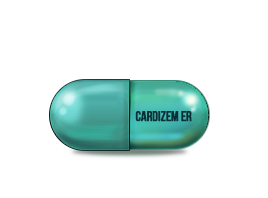
BCCC; a derivative of diphenylalkylamine. Has antianginal, anti-arrhythmic and hypotensive effect. The antianginal effect is associated with both direct action on the myocardium and with the effect on peripheral hemodynamics. It is prescribed with stenocardia, supraventricular tachycardia, sinus tachycardia, ciliary tachyarrhythmia, atrial flutter, atrial extrasystole, arterial hypertension, GOKMP, primary hypertension in the "small" circle of the circulation.
